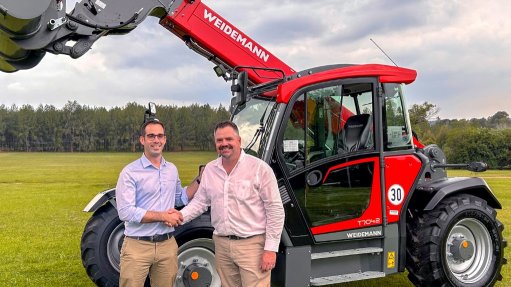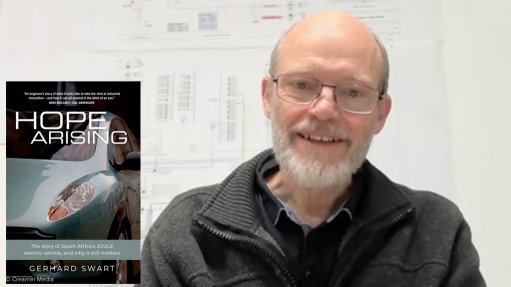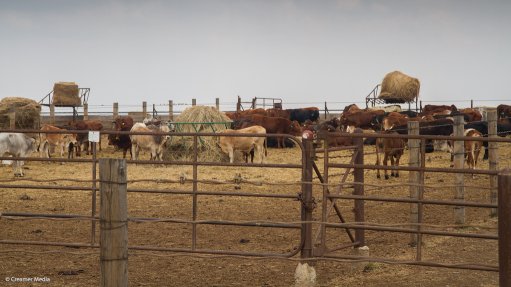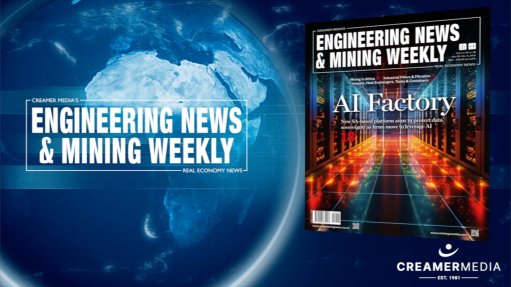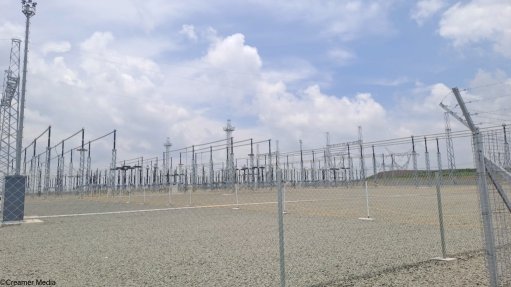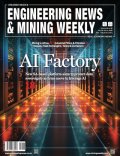Sophia comes to South Africa
Sophia the Saudi Arabian. Rings a bell? If it doesn’t, a clue: she was the subject of a recent instalment of this column and has the rare distinction of not having been born of flesh and blood. She came to our shores last week and wowed attendees at the SAP Now conference, in Johannesburg, where digital technologies such as artificial intelligence (AI), the Internet of Things and cloud computing came under the spotlight.
A creation of Hong Kong-based company Hanson Robotics, Sophia is arguably the world’s most advanced social humanoid robot and, judging by her exploits at the Johannesburg event, where she fielded questions from participants during a panel discussion, it is little wonder that she has caught the world’s imagination. Invitations have been pouring in from across the globe and, since the Saudi authorities granted her citizenship and issued her with a passport in October 2017, she has been to more than a handful of countries. Before travelling to Mzansi, she had been a guest at events in Canada, Egypt, Ethiopia, Georgia, Hungary, the US and Vietnam. Back in October last year, she had the honour of delivering a speech at a United Nations conference on AI and sustainable development.
Until July, Sophia had been communi- cating in English only but was programmed to speak Aramaic, Ethiopia’s official language, when, at the beginning of that month, she was granted an audience with the country’s Prime Minister, Abiy Ahmed.
It was evident from Sophia’s participation at the Joburg event that she is not preprogrammed to answer questions that are put to her; rather, she uses machine learning and responds by reading her interlocutors’ facial expressions.
But how exactly does Sophia pull off the many stunts she is capable of? All she does is enabled by three control systems, namely a scripting software called Timeline Editor; the Sophisticated Chat System, which allows her to pick up on key wards and phrases and respond to them; and OpenCog, which grounds her answers in experience and reasoning.
Although Sophia has knocked the socks off many observers across the world, her creators at Hanson Robotics insist that she represents AI in its infancy. For them, the ultimate aspiration is artificial general intelligence (AGI), which enables a machine to understand the world as well as humans do and has the same capacity as humans to learn how to carry out a range of tasks.
Thus, in theory, AGI will be able to combine the flexible thinking and reasoning of humans with computational advantages like instant recall and split-second number crunching to control robots used in a multiplicity of applications.
While many find the prospect of AGI appealing, some scientists and technolo- gists have warned that it could pose unforeseen risks to the human race. Among the most prominent is Elon Musk, the South African-born founder of high-tech companies SpaceX and Tesla, who describes AGI as the “biggest existential threat” facing humanity at present. His concerns were shared by the late British physicist and Cambridge University professor, Stephen Hawkin, who once told the British Broadcasting Corporation: “The development of full AI could spell the end of the human race.”
But Sophia’s developer, Hanson Robotics CEO David Hanson, has pledged to “raise AGI like a good child, nothing like a thing in chains”, adding that “that’s the formula for safe superintelligence”.
One would have thought that Hanson trained as an engineer; he actually earned a degree in film before working as an ‘imagineer’ at Walt Disney, creating sculptures and robotic technologies for theme parks. He later completed a doctorate in aesthetic studies. Little wonder, then, that, even in the looks stakes, Sophia is a force to be reckoned with. As one design school lecturer has observed, she does not look too unlike Hollywood actresses. She has already graced the covers of several high-profile consumer magazines, including Cosmopolitan, Elle and Stylist.
Article Enquiry
Email Article
Save Article
Feedback
To advertise email advertising@creamermedia.co.za or click here
Comments
Press Office
Announcements
What's On
Subscribe to improve your user experience...
Option 1 (equivalent of R125 a month):
Receive a weekly copy of Creamer Media's Engineering News & Mining Weekly magazine
(print copy for those in South Africa and e-magazine for those outside of South Africa)
Receive daily email newsletters
Access to full search results
Access archive of magazine back copies
Access to Projects in Progress
Access to ONE Research Report of your choice in PDF format
Option 2 (equivalent of R375 a month):
All benefits from Option 1
PLUS
Access to Creamer Media's Research Channel Africa for ALL Research Reports, in PDF format, on various industrial and mining sectors
including Electricity; Water; Energy Transition; Hydrogen; Roads, Rail and Ports; Coal; Gold; Platinum; Battery Metals; etc.
Already a subscriber?
Forgotten your password?
Receive weekly copy of Creamer Media's Engineering News & Mining Weekly magazine (print copy for those in South Africa and e-magazine for those outside of South Africa)
➕
Recieve daily email newsletters
➕
Access to full search results
➕
Access archive of magazine back copies
➕
Access to Projects in Progress
➕
Access to ONE Research Report of your choice in PDF format
RESEARCH CHANNEL AFRICA
R4500 (equivalent of R375 a month)
SUBSCRIBEAll benefits from Option 1
➕
Access to Creamer Media's Research Channel Africa for ALL Research Reports on various industrial and mining sectors, in PDF format, including on:
Electricity
➕
Water
➕
Energy Transition
➕
Hydrogen
➕
Roads, Rail and Ports
➕
Coal
➕
Gold
➕
Platinum
➕
Battery Metals
➕
etc.
Receive all benefits from Option 1 or Option 2 delivered to numerous people at your company
➕
Multiple User names and Passwords for simultaneous log-ins
➕
Intranet integration access to all in your organisation








